Keywords: Global Warming
There are more than 200 results, only the first 200 are displayed here.
-
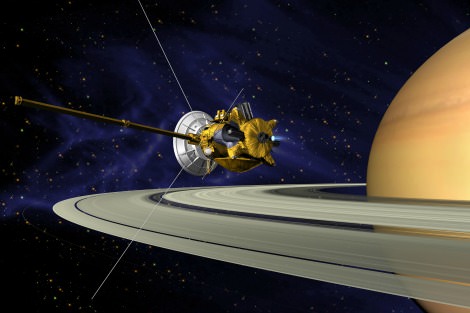
ENVIRONMENT
- Francine Crimmins
- 19 September 2017
11 Comments
In a ball of fire, Cassini's 20-year journey across the solar system came to an abrupt finale last week. The spacecraft's odyssey soon revealed not 12 but 62 moons orbiting the gas giant. The most significant of these is Titan, which harbours large quantities of liquid water, considered to be essential to the existence of life. Meanwhile back on Earth ...
READ MORE 
-

ECONOMICS
- Andrew Hamilton
- 16 August 2017
18 Comments
Cometh the hour, cometh the third murderer. So now inequality is in the spotlight and is being booed off the stage. It is blamed for the rise of populist politics, and more fundamentally for economic stagnation. The economic neo-liberal orthodoxy, that so implausibly claimed that economic competition unfettered by government regulation would benefit all of the citizens, has produced the gross inequality that hinders economic growth.
READ MORE 
-
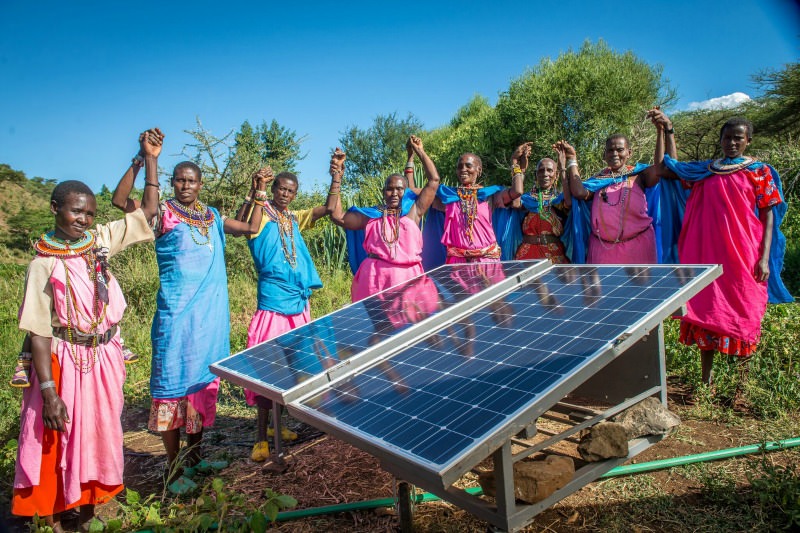
ENVIRONMENT
- Paul O'Callaghan
- 11 July 2017
3 Comments
The world's poor are bearing the brunt of global warming yet they have done the least to cause it. African countries have some of the lowest carbon emissions rates in the world, but their fields are drying up and their pastureland is vanishing. Still, all is not lost. If we want to find the answers to climate change, many of them exist within the communities already being impacted. These people understand the urgent threat posed by global warming and they are banding together to find solutions.
READ MORE 
-
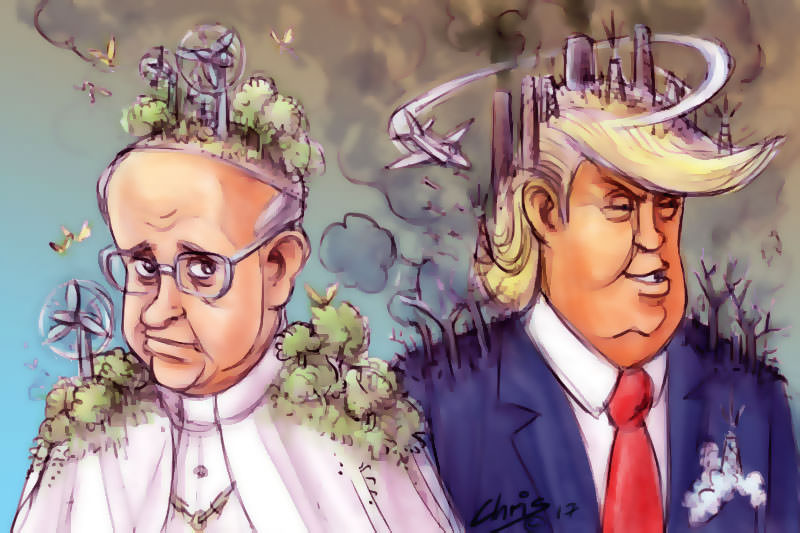
ENVIRONMENT
- Andrew Hamilton
- 02 June 2017
10 Comments
The strident public debate about global warming and the threat it poses has died down. Few knowledgeable people deny its reality. At the same time, powerful interest groups and politicians appeal to the need for economic growth in order to weaken any international commitment. At such a time it is worth returning to Laudato Si, Pope Francis' passionate exhortation to care for the environment. Its most significant insight is that the environment is not something outside ourselves. We are part of it.
READ MORE 
-
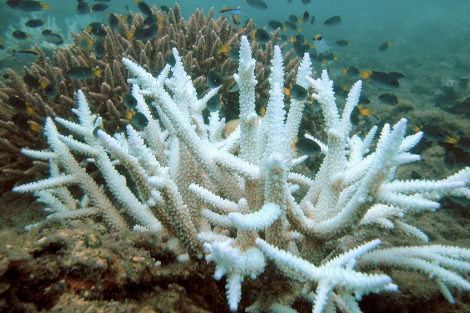
ENVIRONMENT
- Francine Crimmins
- 11 May 2017
7 Comments
When Scott Morrison announced the 2017-18 Budget this week there was one phrase he didn't dare to utter in his meticulously written and rehearsed speech. It's just two short words, climate change, but when used together they conjure a public debate even our minister for the environment gets tongued tied over. Morrison's omission of climate change in the federal budget has set a tone of ignorance to improving energy policy in a meaningful way.
READ MORE 
-
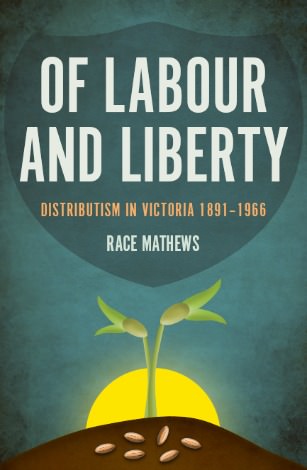
RELIGION
- Andrew Hamilton
- 05 April 2017
6 Comments
It can be disconcerting to hear our family history told by a sympathetic outsider. I found Race Matthews' new book that treats Catholic engagement in public social issues fascinating in that respect. Matthews' perspective is that of a member of the Labor Party who admires Catholic Social Teaching, especially its commendation of the communal ownership of business enterprises. He sees the possibilities this presents for the reform of Australian society, particularly if adopted by the Labor Party.
READ MORE 
-
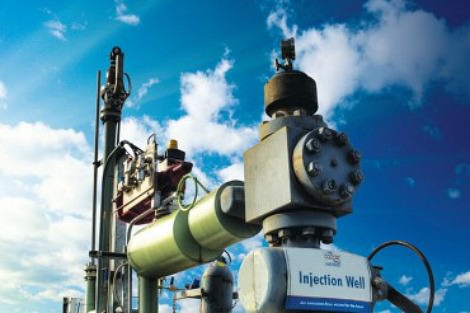
ENVIRONMENT
- Greg Foyster
- 31 March 2017
5 Comments
About 40km from Warrnambool in south-western Victoria is Australia's first demonstration site for storing carbon dioxide pollution deep underground. In photos, it doesn't look like much - a few water tanks, sheds and pipes in a brown paddock - and yet plans to meet the internationally agreed climate change target are betting on the success of projects like this. This isn't a fringe strategy anymore. It is a big part of the mainstream, politically preferred approach to address global warming.
READ MORE 
-
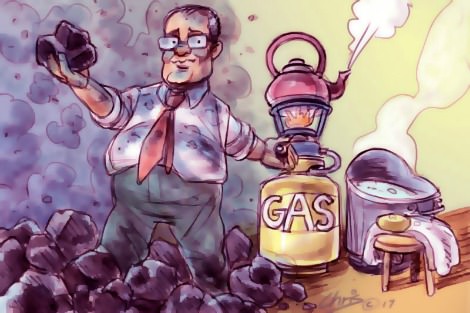
ENVIRONMENT
- Greg Foyster
- 23 February 2017
10 Comments
Australia's most politically contentious rock is back in the limelight after Prime Minister Turnbull spruiked 'clean coal' power stations in early February, and Scott Morrison brought a lump of the stuff to parliament. It was a juvenile act, but an effective one: here we are again, still talking about coal weeks later, when the real energy policy battle is over gas. But that's how it goes - a pitch for a new coal-fired power station in Australia is actually a clever exercise in repositioning gas as a greener fuel.
READ MORE 
-
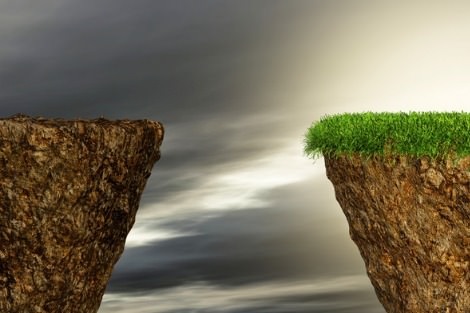
ENVIRONMENT
- Greg Foyster
- 02 February 2017
10 Comments
If climate change were a short-term problem, polarisation wouldn't be so crippling. One side could push a solution through parliament, and by the time the other side took power it might be a non-issue. But climate change is an extraordinarily long-term problem that requires massive investment in new infrastructure and consistent policy settings over decades. It needs a supermajority of support so years of work isn't undone with each change of government. That means getting conservatives on board.
READ MORE 
-

ENVIRONMENT
- Frank Brennan
- 28 November 2016
'No matter what the economic, political and legal problems confronted by modern day India, our response can be improved by an application of the key principles and norms developed in the international law of trade and human rights, helping to enunciate the realm of law, regulation and political accountability, enhancing public scrutiny providing the right environment for doing business.' Frank Brennan presents the 25th JRD Tata Oration, Xavier School of Management, Jamshedpur, India, 26 November 2016.
READ MORE
-
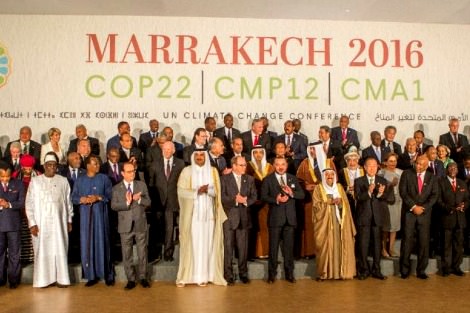
ENVIRONMENT
- Thea Ormerod
- 17 November 2016
9 Comments
The evangelical Christian vote no doubt assisted the climate-denying Trump to his election victory, yet it is remarkable how out-of-step it is with the general view of faith communities globally. This view was made abundantly clear the day after Trump's victory on 10 November, with the release of an Interfaith Statement in Marrakech, Morocco, and it should stand as a challenge to those in public life who continue to block climate action.
READ MORE 
-
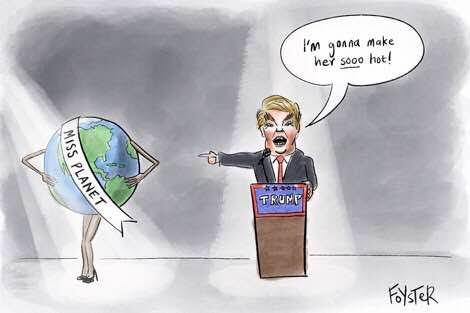
ENVIRONMENT
- Greg Foyster
- 17 November 2016
5 Comments
Here we go again. Just a few days after the historic Paris Agreement on climate change entered force, another Republican climate denier has snatched the White House. Donald Trump isn't just a closet sceptic, paying lip-service to climate change while doing nothing about it. He's an out-and-proud conspiracy theorist. All signs point to the US returning to its role as international climate saboteur, and for much the same reasons: Republican paranoia over the economic rise of China.
READ MORE 